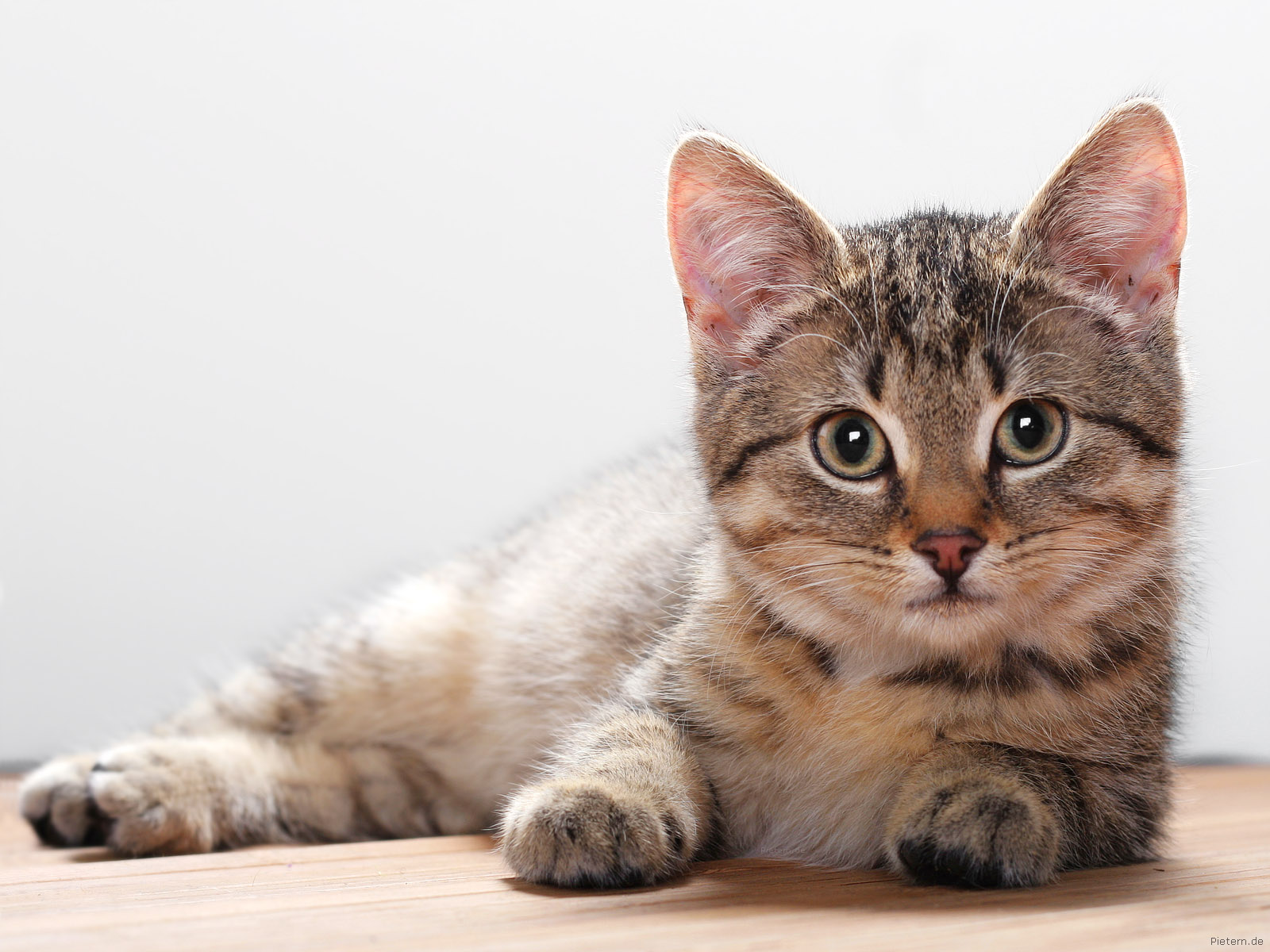
An in-depth study of the cat genome reveals details about their history and behaviors.
An in-depth study of the cat genome highlights a variety of genes, including ones for digesting their meaty diets, keen eyesight and good hearing. The researchers found that pet cats also have genes that allow them to respond to positive reinforcement. From Popular Science:
Cats also seem to have more genes related to digesting fat than other carnivores do, which is important for their super-meaty diets. (Scientists call cats, including wildcats, hypercarnivores.) Cats even have genes that may help them avoid heart disease from their high-fat diets. Polar bear genomes bear similar markers of selection for fat-digesting genes.
To look for the genes influenced by human selection, the researchers analyzed DNA pooled from 23 pet cats, including Cinnamon. They compared the domestic cat DNA with DNA from four wildcats. Among the feline genetic traits that people seem to have chosen are ones that influence how the cat brain responds to rewards. Yep, that means kitty treats! Mice that are missing the mouse versions of some of those genes are poor at learning with food rewards. Perhaps when people first brought cats into their barns and homes, they chose the ones that were more motivated to do things for people in return for tasty tidbits.
The original research appears in PNAS [subscription required].
Comments are closed.